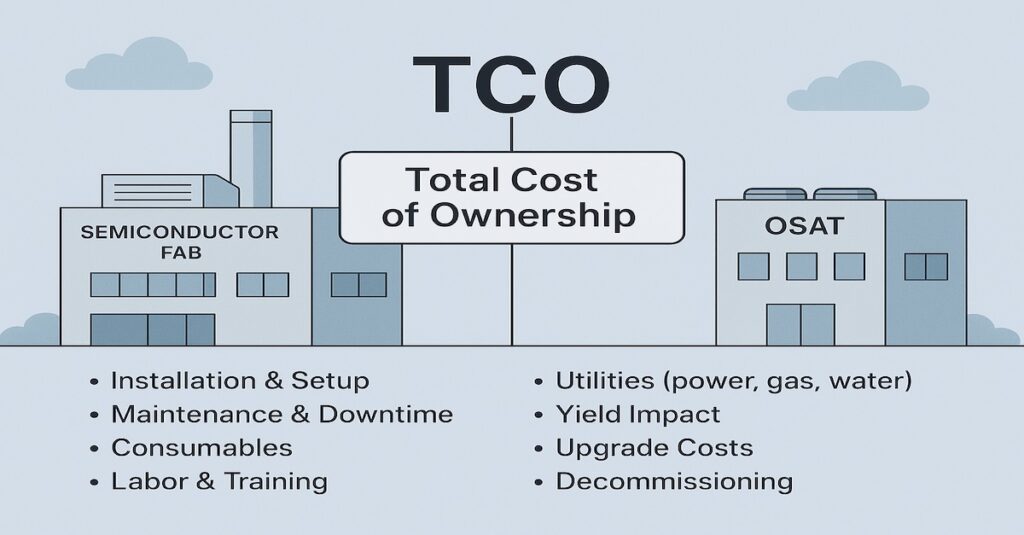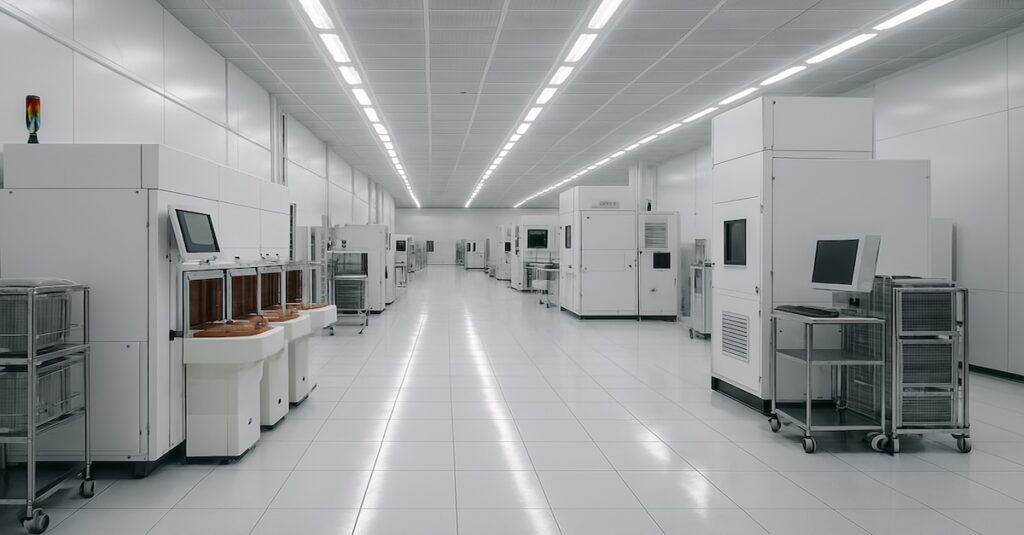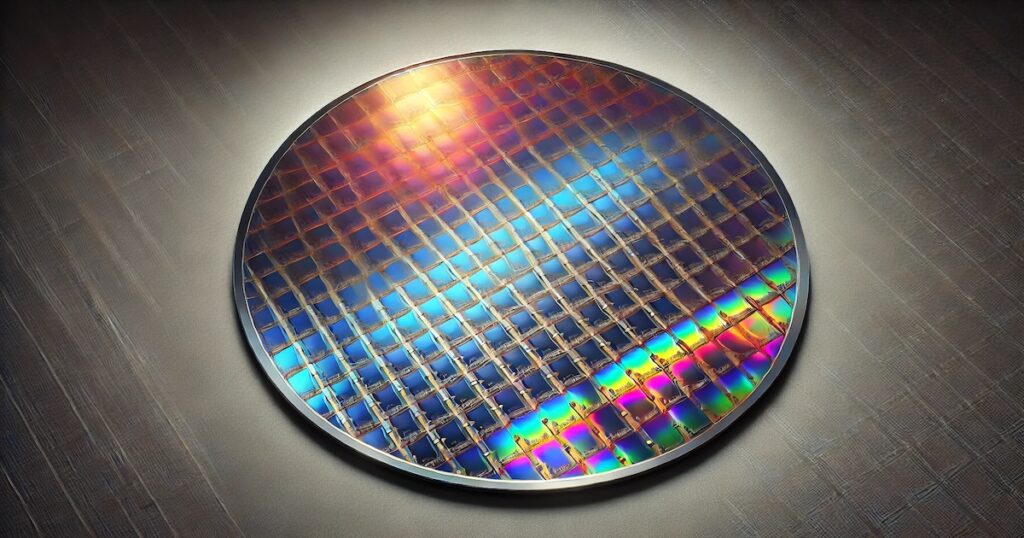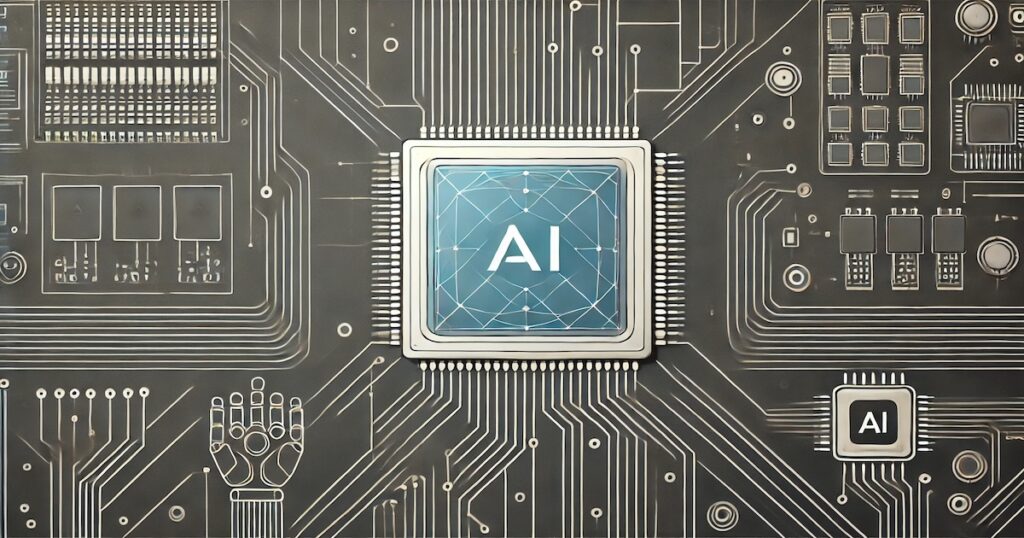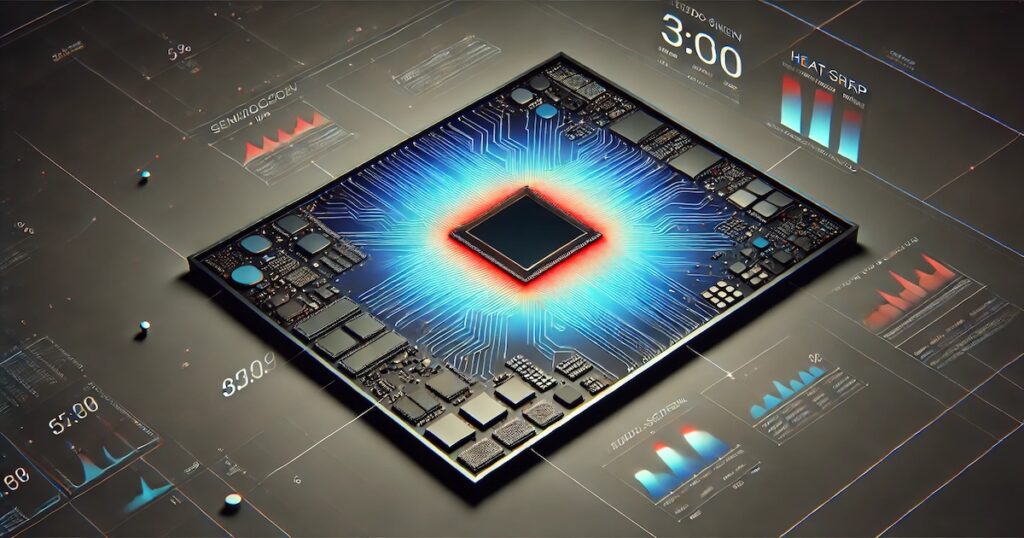Image Generated Using Adobe Firefly
The realm of artificial intelligence (AI) is experiencing a transformative shift, primarily driven by innovative AI chips developed by startups. These enterprises are challenging the status quo, bringing cutting-edge chip architectures tailored to optimize deep learning, neural networks, and other AI tasks.
By pushing the boundaries of processing speed, energy efficiency, and on-chip intelligence, these startups are enhancing AI’s capabilities and making it more accessible.
To take this to a new level, early this week, several leading AI chip startups, including Ampere, Cerebras Systems, Furiosa, Graphcore, and others, announced a consortium called the AI Platform Alliance. Spearheaded by Ampere, this alliance seeks to make AI platforms more open, efficient, and sustainable.
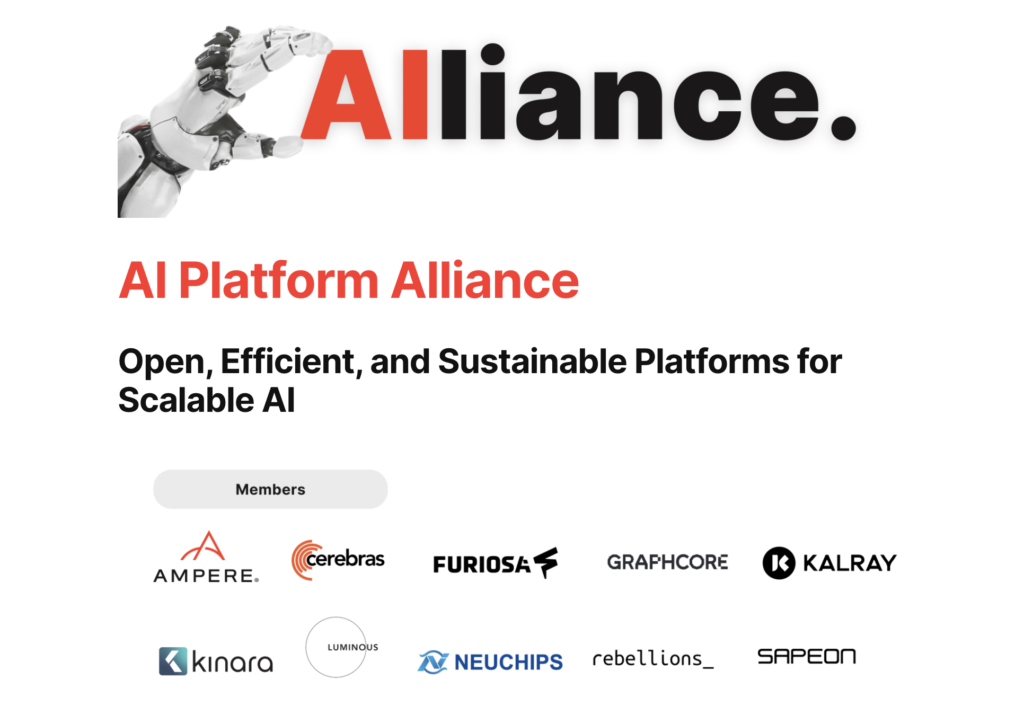
As the AI Platform Alliance progresses further, there will be more startups that will join the alliance. In the long run, bringing more silicon chip ideas forward will be an excellent initiative. Also, some of the critical areas where this AI Platform Alliance can be crucial:
Software: Making it more accessible for emerging AI silicon startups to create silicon chips by quickly enabling the porting of existing applications. Something which several of the AI chip startups struggle with.
Open Source: Enabling more open-source AI silicon chip initiatives that could make it easier for future startups to bring their products to market quickly.
Standards: By providing more standardized AI chip-focused protocols to lower the new startups’ technology barrier.
Benchmarking: Coming up with more standardized AI-focused benchmarking that can bring reliable comparison across silicon architectures.
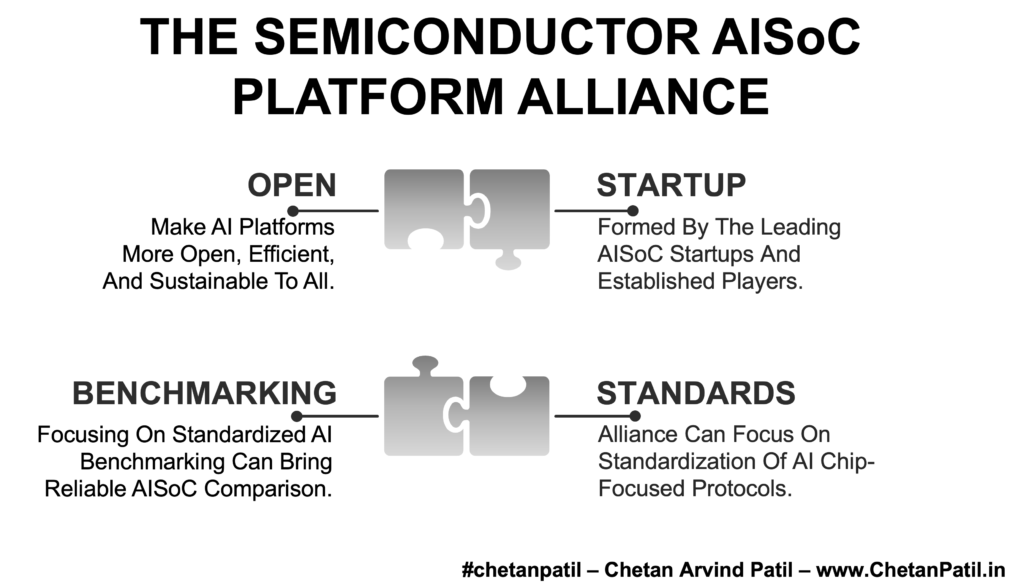
Let us also look at the companies/startups developing silicon-level technology to drive AISoC design, which also leads the efforts to launch the AI Platform Alliance.
Ampere Computing: Ampere Computing is a company known for designing and developing cloud-native Arm-based processors, primarily targeting data centers and cloud computing environments. The company utilizes the Arm architecture for its processors.
Cerebras Systems: Cerebras Systems is a pioneering technology company known for its groundbreaking work in artificial intelligence (AI) hardware. Their flagship product, the Cerebras Wafer Scale Engine (WSE), stands out as the world’s most significant semiconductor device, encompassing an entire silicon wafer. Unlike traditional chip manufacturing, where individual chips are from a silicon wafer, the WSE utilizes the whole wafer, resulting in a single, massive chip with over 1.2 trillion transistors and 400,000 AI-optimized cores. Cerebras aims to accelerate deep learning tasks and push the boundaries of AI computational capabilities.
FurisoaAI: FuriosaAI is an AI chip startup company that creates next-generation NPU products to help you unlock the next frontier of AI deployment. Next year, FurisoAI is gearing up to launch a High Bandwidth Memory 3 (HBM3) powered silicon chip that can provide H100-level performance to power Chat-GPT-scale models.
Graphcore: Graphcore is a notable artificial intelligence (AI) hardware player. Established in 2016 and headquartered in Bristol, UK, the company has made significant strides in developing specialized processors for machine learning and AI applications. Their primary product is the Intelligence Processing Unit (IPU), a novel chip architecture designed from the ground up to accelerate both training and inference tasks in deep learning.
Kalray: Not a startup. Kalray is a technology company specializing in designing and developing multi-core processors for embedded and data center applications. Founded in 2008 and headquartered in Grenoble, France, Kalray’s primary offering is the MPPA (Massively Parallel Processor Array) technology. This unique processor architecture is designed to provide a high level of computing power while maintaining energy efficiency, making it suitable for applications where both performance and low power consumption are crucial.
Kinara: Led by Silicon Valley veterans and a development team in India, Kinara focuses on Edge AI processors and modules that deliver scalable performance options to support applications with stringent power demands or the highest computing requirements. It has launched Ara-1, an edge AI Processor to provide the ideal balance of computing performance and power efficiency to optimize intelligent applications at the border.
Luminous Computing: In the early stage of silicon chip development. Luminous is focusing on building the most powerful, scalable AI accelerator.
Neuchips: Neuchips is an AI ASIC solution focusing on signal processing, neural networks, and circuit design. It also has a good portfolio of products that range from highly accurate AI computing engines to efficient recommendation inference engines.
Rebellions: Focused on bringing the world’s best inference performance for Edge and Cloud Computing. Their ATOM series delivers uncompromised inference performance across different ML tasks, computer vision, natural language processing, and recommendation models.
SAPEON: Focused on building a Hyper-Cloud AI Processor. SAPEON has an optimal architecture for low-latency, large-scale inference of deep neural networks. They have already launched products designed to process artificial intelligence tasks faster, using less power by efficiently processing large amounts of data simultaneously.
Given the surge in AI’s popularity, there’s an increasing demand for computing power, with AI inferencing needing up to 10 times more computing over its lifespan. Such an alliance can help improve power and cost efficiency in AI hardware to surpass GPU performance levels.
AI Platform Alliance plans to create community-developed AI solutions, emphasizing openness, efficiency, and responsible, sustainable infrastructure. It is undoubtedly a significant step towards creating a new class of AISoCs.

